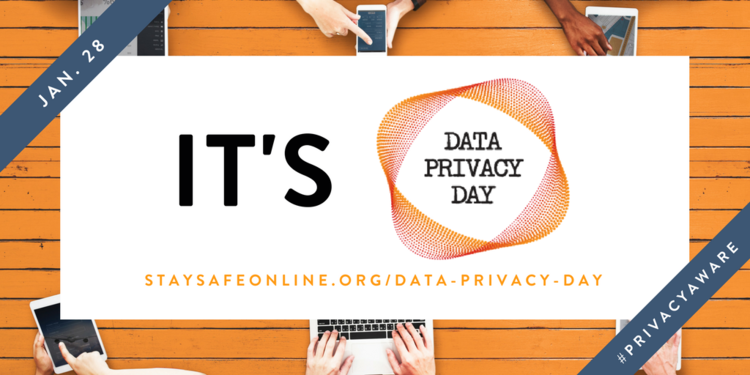ITAP
THE IDENTITY THEFT ASSISTANCE PROJECT
Since its founding, NVRDC has opened its door to survivors of all crime types, including those impacted by identity theft, fraud, and financial exploitation. Through the years, it became increasingly apparent that 1) there exists an intersection between violent crime and identity theft and 2) victims of non-violent crimes have too few resources in the District to assist in recovery. The Identity Theft Assistance Project at NVRDC is working to address these gaps.
In 2013, NVRDC began conducting identity theft screenings for all survivors of crime to more quickly identify issues of compromised personal identifying information (PII) that may lead to identity theft and fraud. When the compromised PII results in an identity theft, NVRDC advocates refer clients to NVRDC legal services for free legal assistance. Through this screening, NVRDC discovered that 8% of its clients who survived violent crimes experienced a compromise of their personal identifying information. In 2014 this number increased to over 12% of all of NVRDC’s clients experiencing compromised personal identifying information as a result of the victimization they suffered. In 2015, it increased further - to 24% of all clients served.
NVRDC's data coincides with what is known nationally. According to the National Crime Victimization Survey, a greater percent of violent crime (rape/sexual assault, robbery, assault) victims experience identity theft than non-violent crime victims. Like serious violent crime victims, over half of identity theft victims experience moderate to severe emotional distress as a result of the crime, in addition to monetary losses and other consequences.
The ITAP Project seeks to increase NVRDC’s ability to meet the needs of identity theft and fraud victims in the nation’s capital, and provide information, assistance and legal services to these consumers. Additionally, this project aims to increase screening in victims of violent crimes whose perpetrators are using identity theft as a secondary means of power, control, or financial gain. NVRDC will offer training and support to its many partners, create strategies to reach victims of identity theft with accurate and helpful information, and increase the overall collaboration, screening, and referrals within the entities that come into contact with victims of identity theft in DC. As a result, an increased number of victims will be funneled immediately to an NVRDC advocate (and/or attorney as needed) who can assist them in quickly preventing further financial and identity damage.
This project is supported with a grant from the Community Foundation for the National Capital Region, through the Identity Theft Assistance Corporation (ITAC) Fund. ITAC was a non-profit founded in 2004 by members of the financial services industry to help their customers—and all consumers—prevent, detect and recover from identity theft. In the decade of its existence, the Corporation helped 150,000 consumers restore their financial identities. Through consumer education and advocacy and partnerships with law enforcement, ITAC increased awareness and shaped the private and public sectors’ response to identity crime. In taking the initiative to create a free victim assistance service for their customers, ITAC members demonstrated the power of collaboration among industry, consumers and government stakeholders. Having achieved its mission, the Corporation is now continuing its legacy of consumer assistance and advocacy through this grant fund to other nonprofits that are helping consumers prevent, detect and recover from identity theft. NVRDC is honored to continue this legacy through its ITAP Project.
If you, or someone you know, suspect you have been a victim of identity theft this page can walk you through immediate action steps. If you need support contact NVRDC for assistance and we can guide you through the local identity theft laws and rights regarding recovery.
For more information about ITAP, please contact Special Projects Coordinator Merry O'Brien at merry@nvrdc.org.


